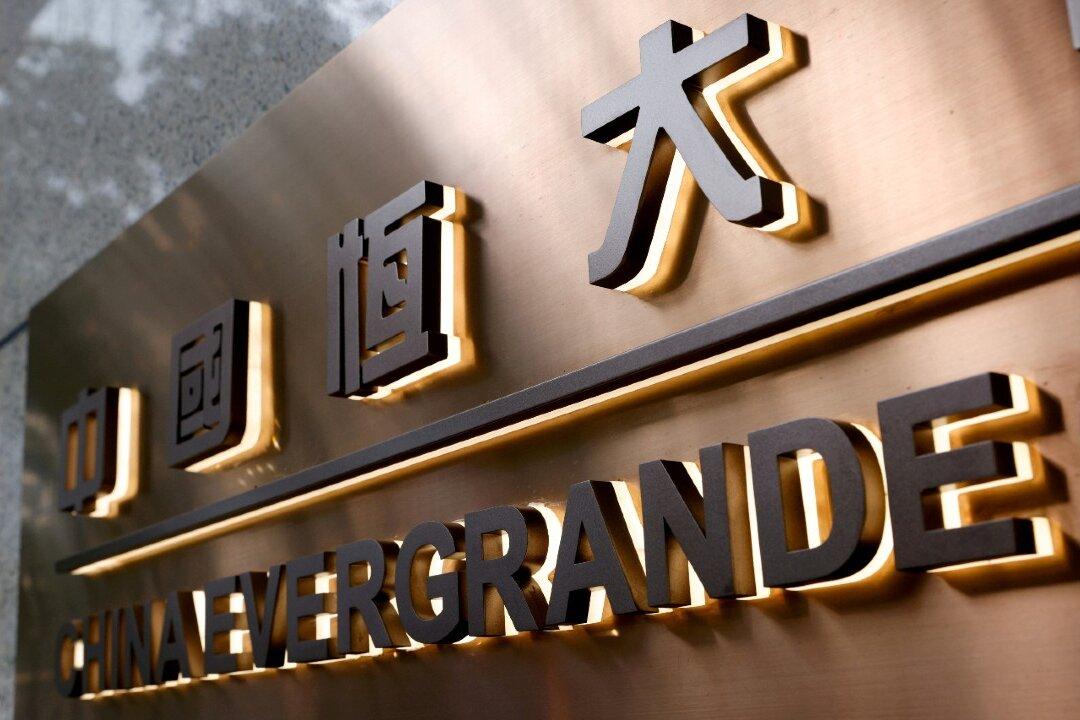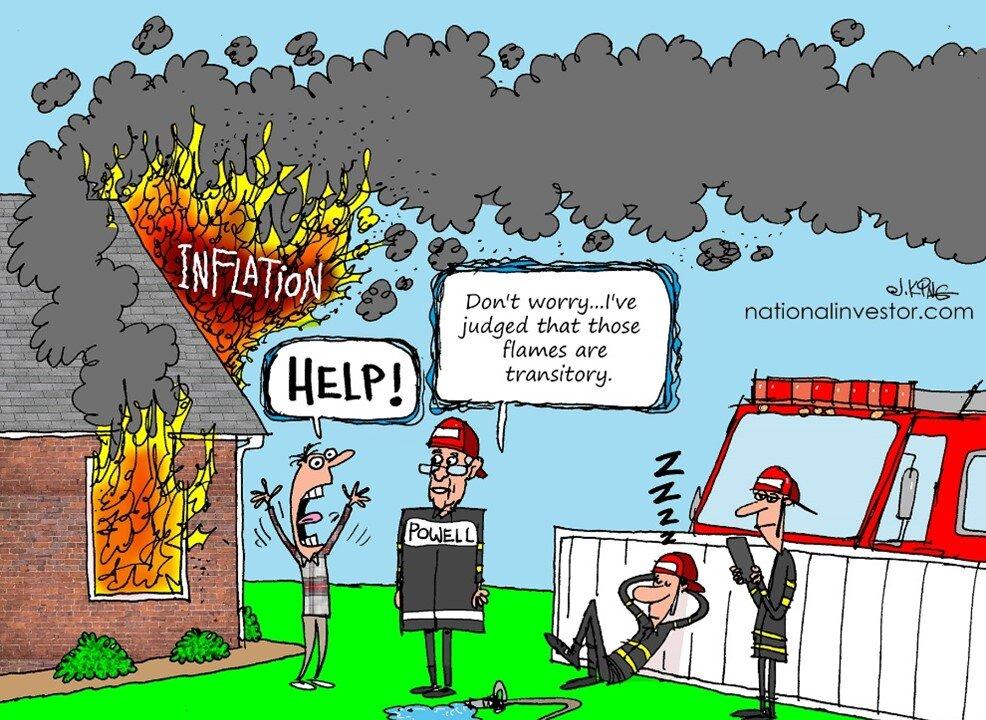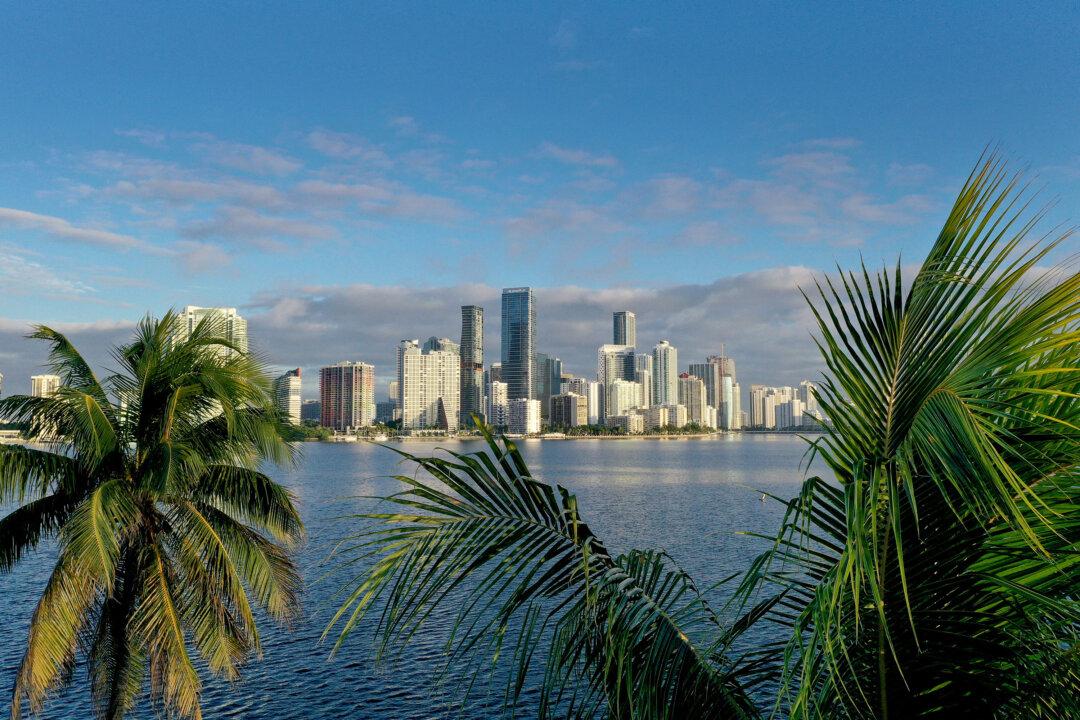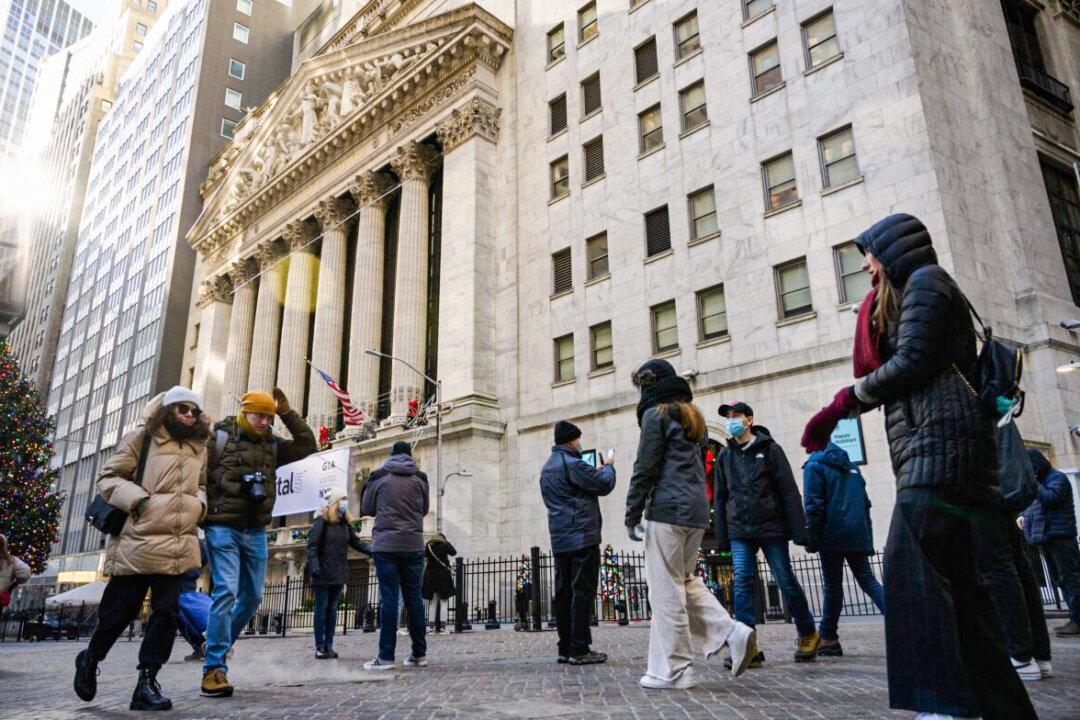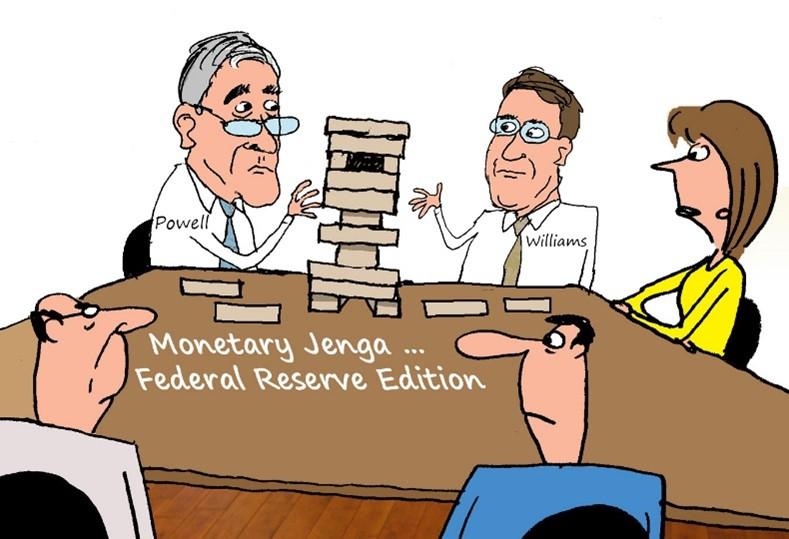Commentary
Earlier this month, Fitch Ratings made official what the markets already knew: China’s Evergrande Group and two of its subsidiaries were downgraded to “restricted default.” This followed the grace period expiring on Dec. 6 for some $1.24 billion in overdue interest payments on two chunks of U.S. dollar-denominated debt originally due back on Nov. 6.
